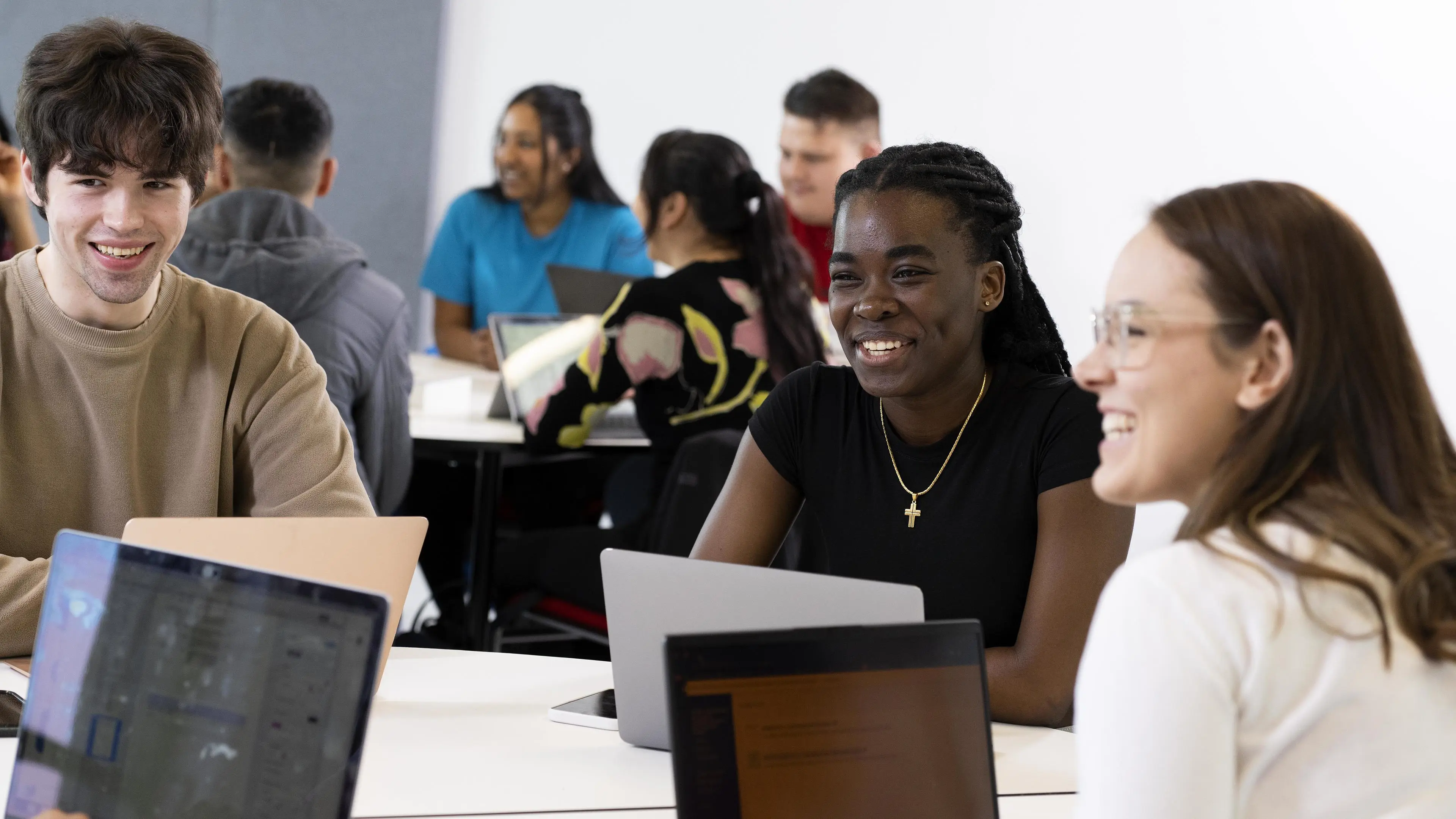A Member of Parliament (MP) is elected by the public to stand to represent the interests of the people in their constituency in the House of Commons. It's an MP’s job to help the local people by asking questions of the Prime Minister, raising issues and voicing concerns.
Becoming a Member of Parliament is a rewarding and fulfilling career where you can change the lives of your constituents for the better. In your role you will quite literally become the voice of the local people.
In this article we'll cover the following questions:
Can anyone apply to become an MP?
To apply to become an MP in the UK you must be:
- Over the age of 18
- Either a British citizen, a citizen of the Republic of Ireland or a citizen of a Commonwealth country.
There are certain people who cannot become an MP. These include:
- People in the armed forces or the police
- Judges and civil servants
- People who are subject to debt relief restrictions
- People who have bankruptcy restrictions in England and Wales or people who have been adjudged bankrupt in Northern Ireland
- People who have had their estate sequestrated in Scotland
How much does it cost to become an MP?
For your name to appear on the ballot papers, you will need to submit your nomination forms along with a £500 deposit. The deposit helps to ensure that only individuals who are serious about becoming an MP apply. If you receive over 5% of the votes cast then you will receive your deposit back.
However, successful candidates can expect to earn a starting salary of £93,904 a year, which may increase as you become more experienced. Investing in your skills and abilities now can pay off for your future success.
What skills and qualifications do I need to become an MP?
You do not need any formal qualifications to become an MP. However, there are a diverse set of skills and abilities required to effectively represent constituents, influence legislation, and work within the parliamentary system.
- Flexibility - You will need to be an approachable person who is a good listener and can voice the concerns of others but also strong and confident enough to stand up for your views.
- Public speaking - As an MP you will be expected to speak in public and be able to debate your point of view.
- Listening skills - An MP must be able to listen attentively to the opinions, needs and concerns of the people in their constituency. This will enable you to accurately represent their views in parliament.
- Organisation skills - Be prepared to take on and manage a lot of responsibilities. Good organisation and attention to detail is crucial to managing an MP’s workload effectively. During elections, you will need meticulous planning abilities to organise a successful campaign.
- Professionalism - Politics can be fraught, with lots of different opinions. You need to be prepared to be disliked and still remain professional under pressure.
How can I gain the skills I need to get into politics?
To successfully become an MP you should:
- Build analytical, research, and communication skills.
- Invest in your education by studying a politics or humanities degree.
- Gain practical experience in campaigning and policy development through volunteering.
- Build a network within the party and participate in local politics to gain visibility.
- Seek party endorsement and run in elections.
- Maintain strong relationships with the people in your constituency and understand key issues so that you can represent them effectively.
A good combination of education, experience, and dedication will prepare you for a successful parliamentary career.
Study with us
A politics or humanities degree can be a great stepping stone to becoming a successful MP. These courses will equip you skills such as:
- Analytical thinking
- Understanding of political and global systems
- Research capabilities, communication skills
- Practical experience.
These skills are all vital for the role of an MP. You'll be well-prepared to represent your constituents and navigate the world of politics.
Volunteering
General Elections are held every 5 years, so the route to become an MP is a long one. You can use the time between general elections to volunteer.
Volunteering in a political party gives you the opportunity to develop the skills, experience and networks necessary to become an MP.
Volunteering demonstrates your commitment to a party and gives you practical experience in campaigns and policy-making. It also allows you to build a strong support base within the party and the community. By actively engaging in party activities and taking on leadership roles, you position yourself as a credible and capable candidate for parliamentary office.
Do I need to join a political party?
No, you do not have to join a political party to run to become an MP.
While joining a political party is the most common path to become an MP due to the resources, support and visibility it offers, it is not strictly necessary.
Running as an independent candidate is also an option. However, it comes with its own set of challenges and requires a strong local campaign strategy.
